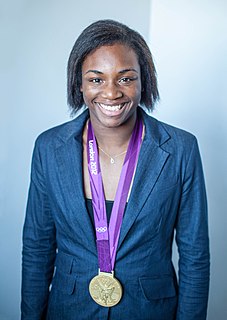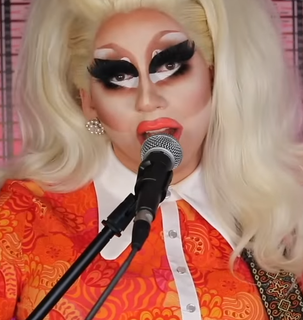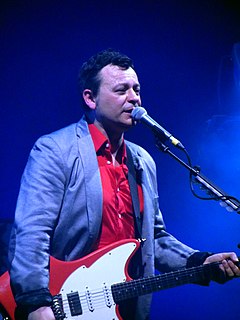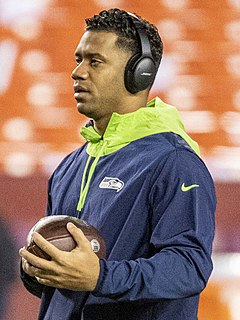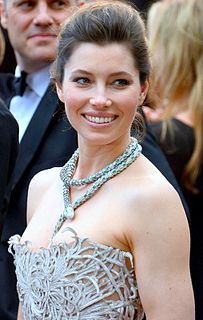A Quote by Corey Taylor
I didn't write my speech until the night before, and even then I refused to write it out like I would say it, preferring to keep cribbed notes I could come back to if necessary. I wanted this to feel like a conversation because it was what I wanted to say that mattered, not how it looked on paper.
Related Quotes
As a kid, I wasn't allowed to have girl toys, but I would take my cousin's My Little Pony and smell it. That weird, synthetic, fruity-sweet smell - that's how I wanted to look. I wanted to look like this fabricated toy. I wanted to look like you could pull a string on my back, and I would say, like, six catchphrases.
I had a lot of great lakes of ignorance that I was up against, I would write what I knew in almost like islands that were rising up out of the oceans. Then I would take time off and read, sometimes for months, then I would write more of what I knew, and saw what I could see, as much as the story as I could see. And then at a certain point I had to write out what I thought was the plot because it was so hard to keep it all together in my head. And then I started to write in a more linear way.
I never really wanted to be a daily critic who goes out every night and writes 300 word reviews, I wanted to write essays. And that gave me the luxury to be able to go out and if it was lousy, I could just say, well the hell with that, I'll go to hear something else, or, I'll go tomorrow night; I as writing for a weekly.
I’ll write down little lines, I always say, 'K.T.N.,' and I say that to my receivers and running backs and that means 'keep taking notes.' That keeps me alert. That keeps me going. That keeps my drive there, even when you’re taking notes on something that you’ve already taken notes on a million times - keep taking notes.
I wrote Her First American and I always say it took me eighteen years. It took me that long was because after about five years I stopped and wrote Lucinella. I got stuck; it was too hard to write. Lucinella felt like a lark. I wanted to write about the literary circle because it amused me, and I allowed myself to do what I wanted to do. It's just one of the things I'm allowed to do if I feel like it.
Sometimes it seems the harder you try to hold onto something or someone the more it wants to get away. You feel like some kind of criminal for having felt, for having wanted. For having wanted to be wanted. It confuses you because you think that your feelings were wrong and it makes you feel so small because it’s so hard to keep it inside when you let it out and it doesn’t come back. You’re left so alone that you can’t explain.
I didn't learn how to read and write until pretty late, and it was this very mysterious, incredible thing, like driving, that I didn't get to do. And then I started writing things down on little scraps of paper and I would hide them. I would write the year on them and then I would stuff them in a drawer somewhere. But I didn't start to really read until about eight. I'm dyslexic, so it took a long time.

